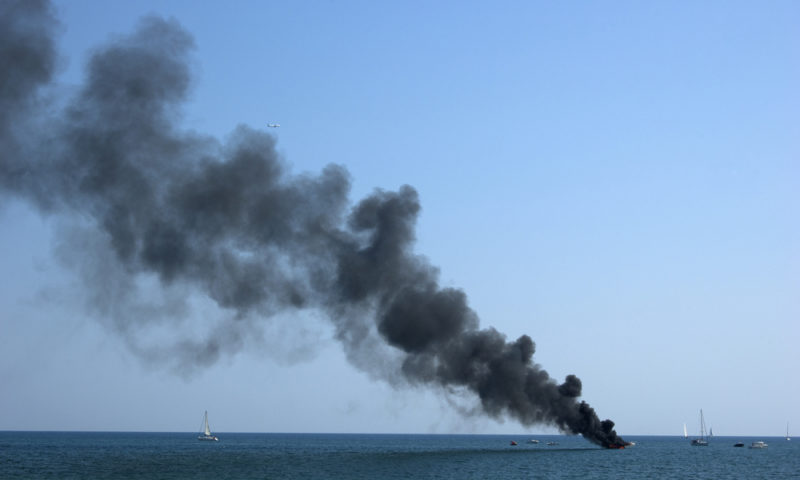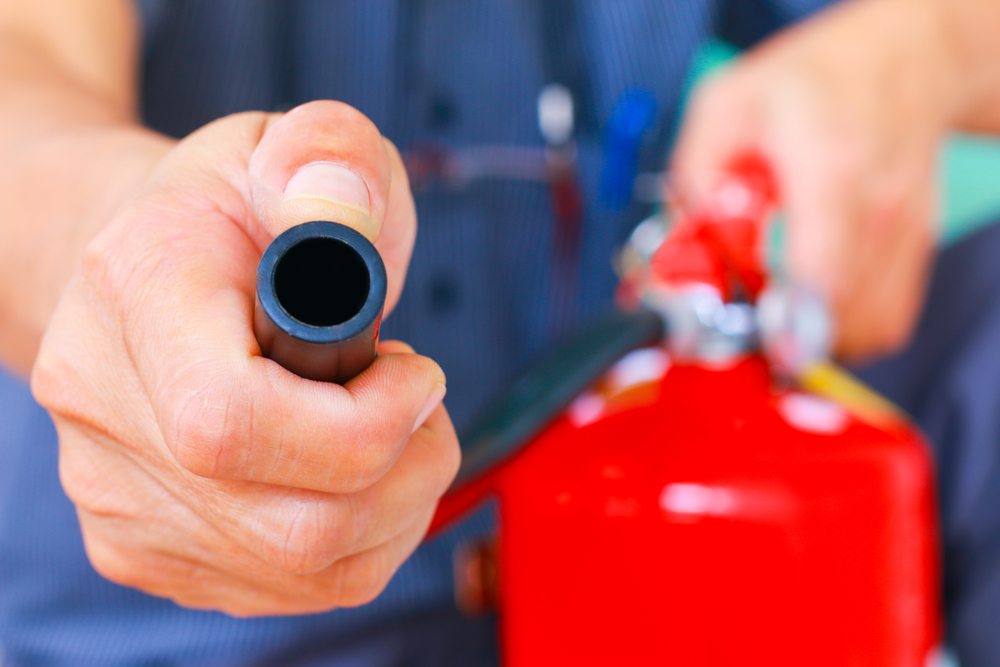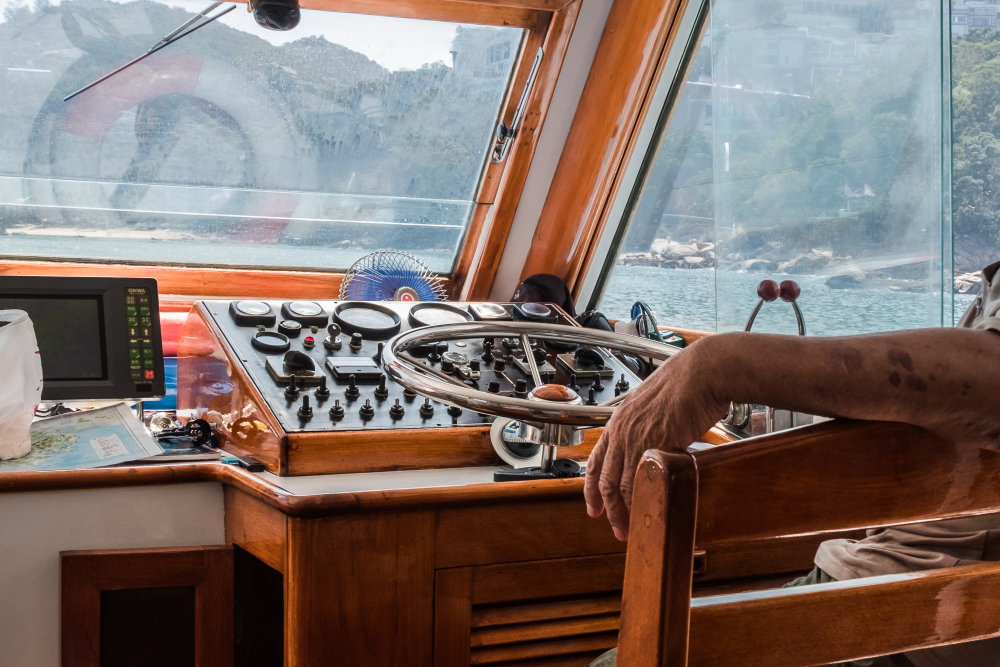
It’s one of the most feared events at sea, yet only few boat owners take serious precautions to ward off chances of a blazing inferno from engulfing their marine craft when at sea. Fire safety should never be taken lightly. Carrying out small safety measures on an ongoing basis will ensure you’re fully equipped to handle fire incidents onboard. Put your captain hat on and fireproof your cabin cruiser or sailing boat with a solid safety plan.
INSTALL FIRE ALARM
The key to keeping a fire under control is early detection. One of the reasons why anything on fire ends up in a blazing inferno is because of the difficulty in locating its place of origin. Therefore, to secure your boat well, best to install location-based fire alarms throughout your boat. They will start beeping off and passengers can easily grab a fire extinguisher and put out the fire in a matter of minutes.
PLACE FIRE EXTINGUISHERS IN EXIT POINTS
Fire is an uncontrollable beast. Never put yourself in a position where you’re fighting a fire without an easy escape route. Fire extinguishers are equipment best used when a fire has just started out. Having quick access to a fire extinguisher makes the difference between controlling the flames or letting your watercraft get engulfed in scorching sparks. Consult fire extinguishing engineers to ensure equipment is placed in the correct location, verify that they are correctly fixed to appropriate walls and are fully-certified.

INSTALL AUTOMATIC FIRE EXTINGHUISHING APPLIANCES
Under many comprehensive marine craft insurance policies, there is a condition which requires boat owners to install automatic fire extinguishing appliances in certain places of the boat itself. This is applicable when the boat is fitted with inboard engines and has a maximum designed speed in excess of 17 knots. It is important to check your policy and speak with your insurer to have full peace of mind.
secure a fire blanket onboard
Although fire extinguishers are a must on cabin cruisers and sailing boats, should a small fire start off, passengers can easily smother small flames with this protective piece of equipment. Many boating fires start from within the galley, so it is advisable that fire blankets are placed within easy reach of the stove. These blankets can also be wrapped around the body to extinguish flames on clothing.
INSPECT EXHAUST SYSTEMS
A fire needs three things to ignite – something that burns, something that starts the fire and oxygen. Hence why many fires get started close to the engine. High exhaust temperatures are a direct indication of a scavenge fire. Assess whether the fire is small or on a larger scale and proceed according to the fundamental boating requirements.
BE WARY ABOUT ELECTRICAL EQUIPMENT

Same guidance is given to boat owners as well as home owners. Never overload adapters and accept poorly wired appliances. A small spark can create a complete conundrum. In the event of a fire flaring up from an electric system, make sure to close off all electricity system to eliminate the source of ignition and to avoid shock. Consult a trained marine electrician and set up things in an orderly fashion.
PROCURE A COMPREHENSIVE MARINE CRAFT INSURANCE POLICY
Local laws only require recreational boats over 9.9hp to hold a third-party coverage policy. Despite the lack of a compulsory policy for boaters with smaller watercraft, a marine insurance policy is a secure bet. No boat owner likes to find themselves in a red-hot financial situation following catastrophic situations. Consult your insurer for the full policy terms.
Bring your boating confidence level to a new high with full fire safety security systems. Fill up these spring days with limitless boating ideas. Keep a watchful eye at all times and prepare an action plan should you spot smoke. Boats can quickly burn out of control, so keep enough life jackets for everyone onboard and get ready to abandon ship if your cruiser engulfs in a dark plume of smoke.
